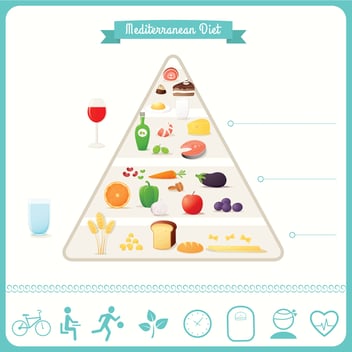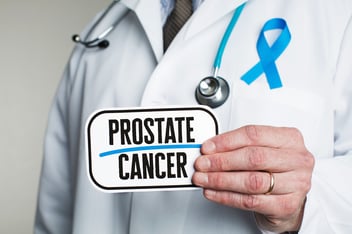Exercise does a body good. In terms of cancer, there is already a substantial amount of evidence that staying active reduces the risk of developing cancer, including colon, breast, and endometrial cancers. Now, experts are excited about the connection between exercise and better outcomes for people who have been diagnosed with cancer.
For the first time, a major cancer organization – The Clinical Oncology Society of Australia – came out with exercise guidelines for cancer patients. The guidelines are sweeping: they recommend exercise to be part of a cancer treatment plan for ALL cancer patients. In short: exercise should be prescribed to anyone battling cancer.
The evidence backing up this ‘exercise prescription’ is based on studies showing better quality of life, energy, weight, and mental health in patients who find ways to stay active. The specifics of this exercise directive call for working toward a goal of:
- 150+ minutes of moderate-intensity exercise or 75 minutes of vigorous-intensity aerobic exercise each week. This can include walking, jogging, cycling, swimming, or other activity that raises the heart rate.
- 2-3 sessions each week of resistance exercise.
It’s important to start slowly and ramp up as feels tolerable to a person. These are the guidelines and goals; of course, this plan should be tailored to fit each person’s situation (e.g., abilities, treatment-related adverse effects, anticipated disease trajectory, and health status).
The big take-away here is the radical shift from the advice for cancer patients to simply rest and avoid activity; rather the new advice is to stay as active as possible, even during the treatment process. So let’s all get moving, today!
Related Posts
Mediterranean Diet for Breast Cancer
Breast cancer, as with any cancer, develops for complex reasons. One of the contributing factors...
The Prostate Cancer Toolkit
For men, prostate cancer remains the second most common type of cancer. Only skin cancer is more...
Early Detection of Prostate Cancer: How Regular Screening Can Save Your Life
Cancer remains the #2 cause of death in the United States, with more than 600,000 deaths and nearly...
Stay the Course with Cancer Diagnosis & Treatment
The coronavirus pandemic could lead to disturbing backwards trends in recent cancer survival...





